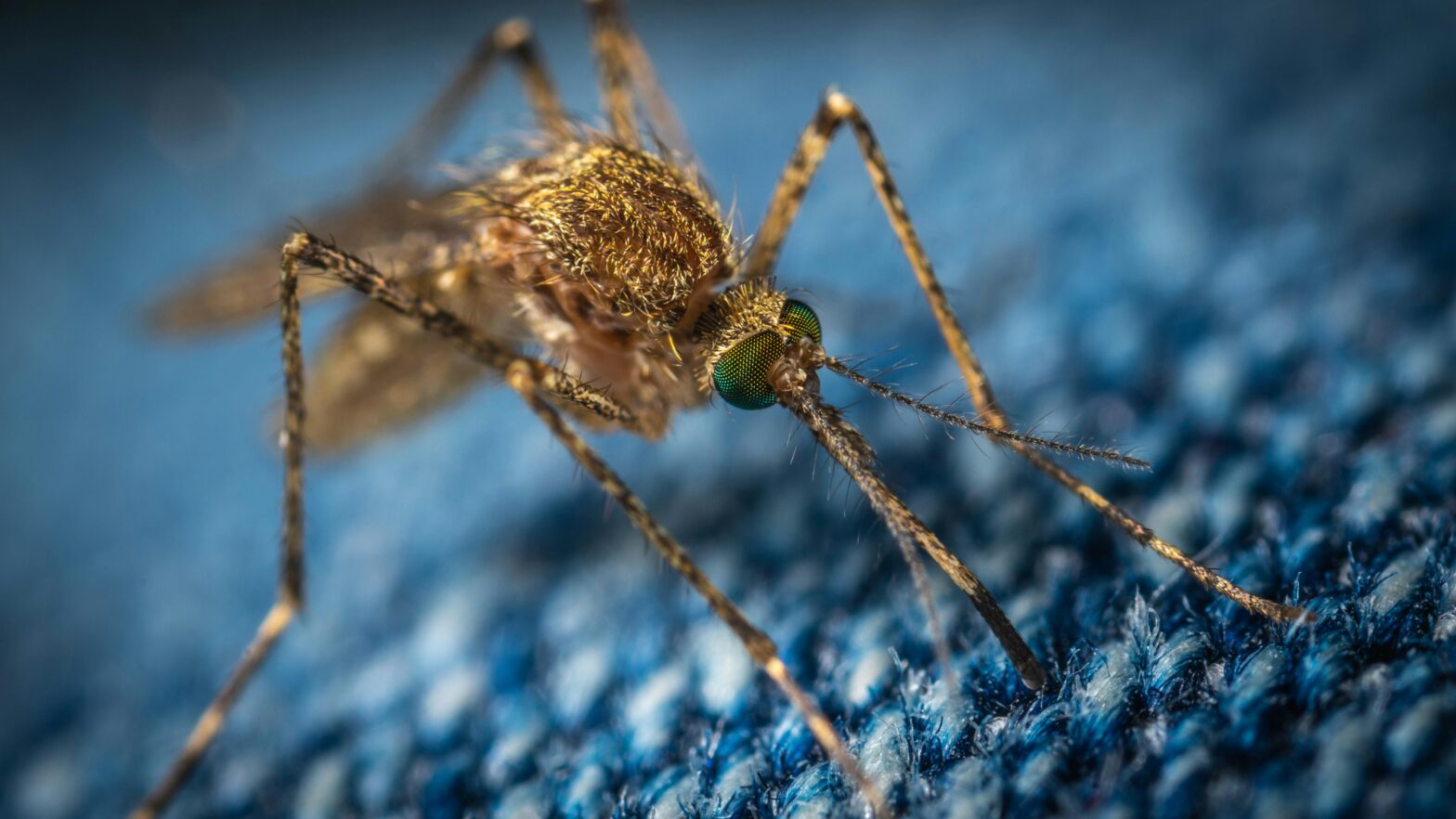According to a recently published study, Malaria-spreading mosquitos at airports and in travelers’ luggage in Europe rose from 2018 to 2022. While still an “infrequent” occurrence, the research noted that Odyssean, or airport and luggage malaria, increased in case reports within that timeframe.
Airport malaria occurs when the disease is contracted at or near the airport. Luggage malaria happens when an infectious mosquito travels in baggage and infects someone upon arrival in a new place. In both instances, the infected person was bitten by a disease-carrying mosquito “from a malaria-endemic area.”
Of the 145 cases reviewed, the study found that 105 were from the airport, 32 were from luggage, and eight reports were from either. The source noted that “one-third of cases since 2000 [were] reported between 2018 and 2022.” Men were more likely to contract the transient diseases than women. The average age for contraction was about 38 years old (37.9), while people who died from either of the malaria types had a mean age of 57.2.
The majority of airport malaria cases occurred from June to September. All instances of the distinct disease were in Western Europe. France (52), Belgium (19), and Germany (nine) had the most cases. There was a frequent link between contracting the illness and having an occupation at the airport.
Luggage malaria cases were more common from July to October. Two-thirds of the overall number of reports (32) were in France.
What Else Is There To Know About Airport And Luggage Malaria?
Eurosurveillance published the study, “Europe’s journal on infectious disease surveillance, epidemiology, prevention and control.” The release of new information on transient malaria-spreading mosquitos comes ahead of 2024’s end-of-year holiday travel season when many will venture internationally. The study aimed to update the understanding of airport and luggage cases in Europe.
The Centers for Disease Control and Prevention notes that malaria isn’t common in the United States. The source added that “most of these cases are in people who contract malaria while traveling to another country where malaria spreads…”
The New York Post reported in June 2023 that five domestically acquired malaria cases in the United States had dismayed health officials.





